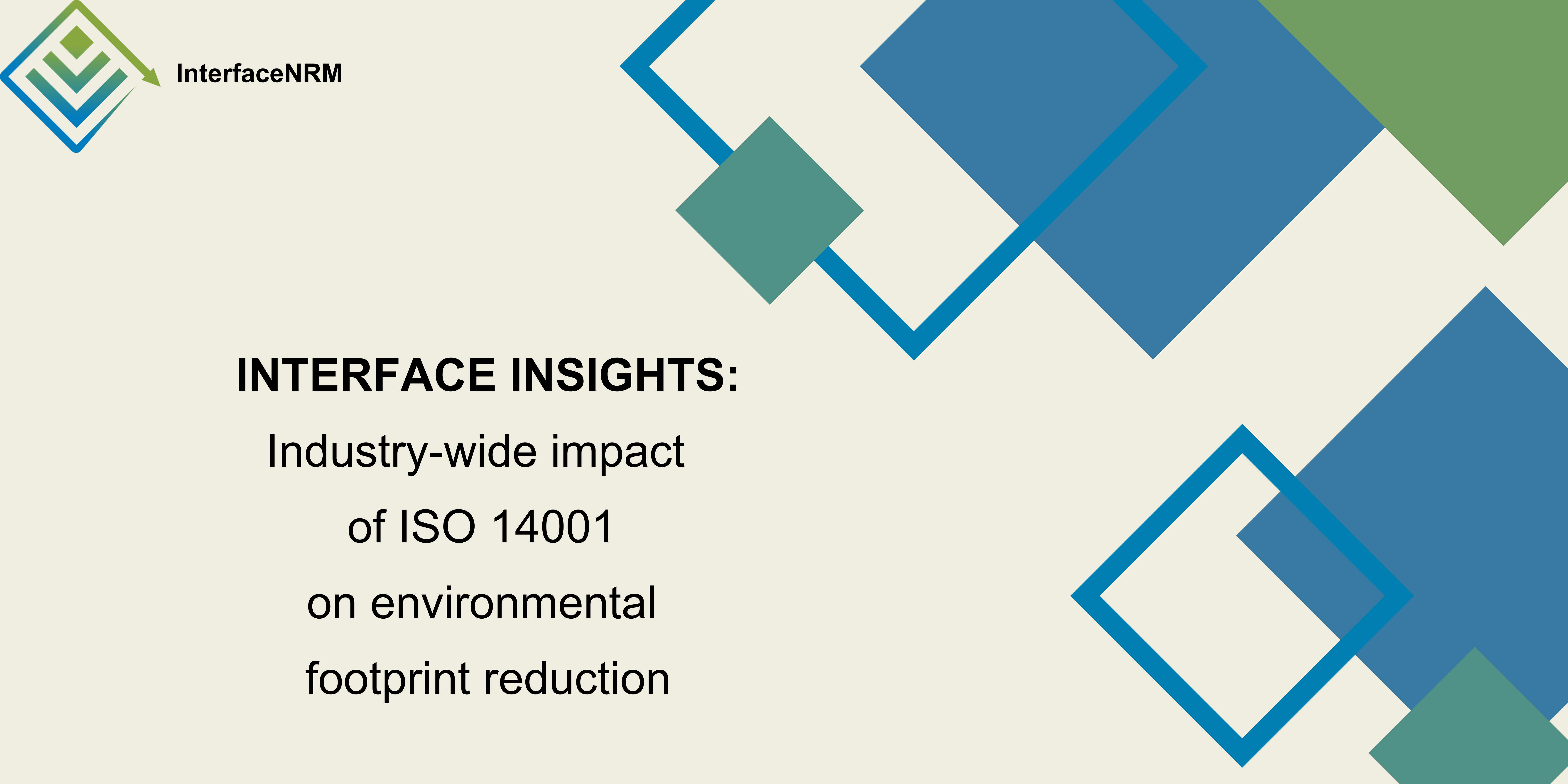
Industry-wide impact of ISO 14001 on environmental footprint reduction
In today’s competitive business environment, sustainability has become a critical factor in operations across various industries. ISO 14001 is an internationally recognised standard for environmental management systems, and serves as a pivotal framework for industries who aim to minimise their environmental footprint whilst enhancing operational efficiency. In this case study, I will go over multiple different industries and how implementing ISO 14001 can benefit them.
Manufacturing Sector
In the manufacturing industry, the implementation of ISO 14001 will lead to streamlining processes to enhance resource efficiency and reduce waste. Many manufacturers have integrated energy management systems which allow them to track and therefore optimise their energy usage, resulting in a substantial reduction in greenhouse gas emissions. Additionally, there are multiple initiatives within production processes and utilising sustainable materials have become an increasingly more common practice which your company could take advantage of.
Food And Drink Industry
Within the food and drinks sector, ISO 14001 allows for multiple improvements in the water and energy management systems across production lines. Big facilities have implemented strategies such as reusing water from various stages across production to optimising energy consumption through advanced monitoring systems. Measures like this not only enhance environmental performances but also contribute to significant cost savings for an organisation.
Construction Industry
The construction industry has focuses on sustainable building through the use of using eco-friendly materials, implementing waste management systems, improving site energy efficiency and more. By following these practices construction projects have minimised their environmental impact and demonstrated compliance with ISO 14001.
These are just a few industries that benefit from ISO 14001, but the benefits of ISO 14001 vary across multiple industries as the advantages of ISO 14001 extend to beyond environmental benefits. ISO 14001 can help organisations lower costs due to a lower waste disposal, and a decrease in energy expenditures which can also have a direct impact on profitability. Additionally, this standard can strengthen your brand and its reputation leading to consumer trust, as it aligns with growing consumer preferences for environmentally responsible businesses. Furthermore, ISO 14001 provides a continuous framework for improvement which encourages a culture of sustainability throughout organisations. By successfully implementing ISO 14001 and reducing your environmental footprint, your organisation will contribute to global sustainability goals and helps meet a standard for environmental accountability. This eco-friendly approach can help appeal to an eco-friendly audience which could be a new audience, and therefore can help build a strong brand and customer loyalty.
Conclusion
In conclusion ISO 14001 is a vital tool for organisations especially those who are seeking to reduce their environmental footprint whilst also benefiting from economic growth. We understand that the thought of certification can be stressful, and overcoming initial hurdles can be tough. But at Interface NRM we are here for you throughout the entire process, we have years of experience in certification and ensure that we will make certification as stress free as possible. We understand how hard certification can be for you and it can seem like a daunting process, but we are always here to help you every step of the way. Our 5* Trustpilot rating highlights our customer service, and our priority to take care of you throughout the entire process. If you want to find out more or get started on your certification journey, you can contact us today for free advice/support with no obligation quotations.
Call us on 01952 288325
Or email us at [email protected]
Recent Posts
Interface Insights: Best practices for a quality management system
In today’s competitive business landscape, maintaining high-quality standards is paramount for success; however, it can be challenging. ISO 9001, a recognised standard for Quality Management Systems (QMS), provides a robust framework for businesses [...]
Interface Insights: Industry-wide impact of ISO 14001 on environmental footprint reduction
Industry-wide impact of ISO 14001 on environmental footprint reduction In today’s competitive business environment, sustainability has become a critical factor in operations across various industries. ISO 14001 is an internationally recognised standard for environmental [...]
Interface Insights: Elevating business success with ISO certifications
In the ever evolving world of business, standing out and maintaining a competitive edge can be a constant challenge. Staying on top of the market and getting any advantage possible can be a [...]
